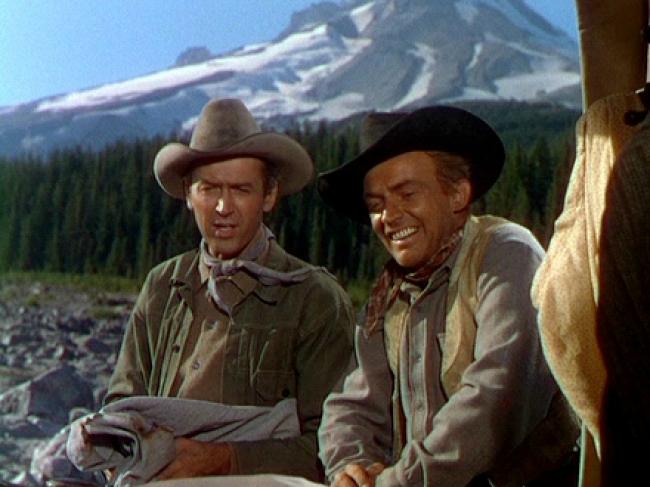They? A wonderful word. And who are they? They’re the nameless ones who kill people for the Great Whatsit. Does it exist? Who cares? Everyone everywhere is so involved in the fruitless search for what?
In 1955, detective film noirs were nearing the end of their magnificent cycle, with seemingly little fresh to say. But just before the lights went out, Director Robert Aldrich and Screenwriter A.I. Bezzerides went for broke with a brutal pulp masterpiece which blended crime drama with 1950s political paranoia and some science fiction to boot: Kiss Me Deadly.
Ostensibly based on one of Mickey Spillane’s wildly popular Mike Hammer novels, Kiss Me Deadly (which Spillane hated) mocks the genre as much as embodies it, amping up the main character’s sliminess, cruelty and misogyny to absurd levels — and Hammer’s ostensibly the hero! From its arresting opening shot of Cloris Leachman desperately running barefoot down a highway, followed by a perversely upside down credit sequence, this is a movie of extremes in every respect, right up to its atomic conclusion.
Ralph Meeker, in the most memorable film work of his career, is aces as a cold, scheming and domineering Mike Hammer. It’s a fine example of how an actor and director can make a fairly unlikable character magnetic on screen, which is one of a number of ways this movie recalls another film I recommended, Pickup on South Street.
Most American critics considered Kiss Me Deadly a seamy low-budget piece of trash when it was released, and moralists condemned it outright for allegedly corrupting the nation’s youth. But it found a following in France and eventually among some American directors as well, who cherished the brash artistry and attitude the film exudes. Decades later, Kiss Me Deadly became fully respectable, being selected for inclusion in the National Film Registry as an utterly original American classic.
p.s. In the decades between my first and second viewing of Kiss Me Deadly, the original ending was discovered. When the film was originally released, some audiences saw the intended ending and some saw a mutilated version which only slightly shortens the film but does alter its meaning. If you want to know more about this unusual piece of film history after you’ve seen the film, check out this fascinating article.




